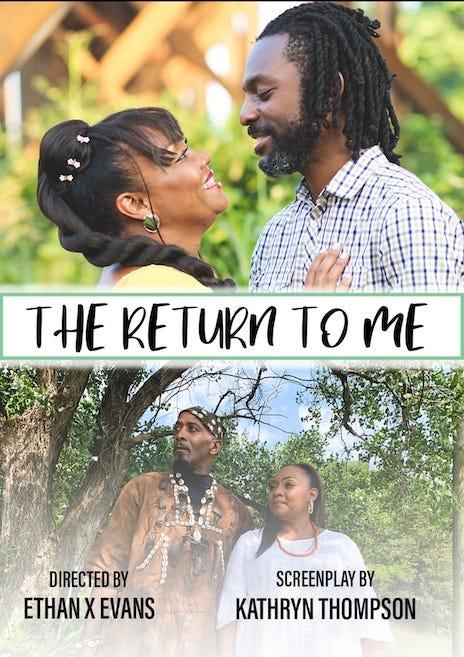Growing up, I tired of hearing, “One door closes, another one opens, Brenda” from the adults in my life. It was the equivalent of an ointment for every loss, rejection, missed opportunity or disappointment of my youth.
I’m reminded of my Chatty Cathy doll. With a pull of her string, she repeated one of eleven phrases. Unlike the doll, my closest adults repeated that one line. They didn’t realize, I didn’t even understand the term until I was a teenager. Although their tone assured me they were being supportive before I knew what the phrase meant.

The phrase I recoiled against is now they basis of one of my favorite mantras, I have seen many examples of closed and open doors in my life and others.
Kathryn Thompson, an award-winning screenwriter, comes to mind. In 2020 she was seeking an online memoir writing class. “I write poetry, I write short fiction and all the classes I am familiar with were full,” she explained. “The only course open was screenwriting,” she said laughing, “I enrolled in screenwriting not knowing anything about it.”
She explained that it took a few confusing weeks to become familiar with screenwriting formatting. Most importantly, she learned a director will make final decisions for a movie. A screenplay is an outline for the director to guide the actors in the film. As the class progressed, Kathryn understood she needed to create an outline with dialog to guide those who would be in front of the camera. What happened next changed her life.
Her first film, The Return to Me, premiered at the Afrikana Film Festival (Richmond, Virginia). It was then selected by San Diego Black Film Festival and the S. E. Manly short-showcase in Los Angeles. “I talked to the staff at the S.E. Manly African American Short Film Showcase and learned they had 1100 global submissions. My film being selected was when I actually believed I had done a good job.”
Kathryn explained what she’s enjoyed most about screenwriting is seeing the screenplay come to life and the doors it has opened. She recently completed her second short film, Kite Tails, and is hoping to begin filming this summer. Kathryn’s writing focuses on traditional Black spirituality and culture to counter negative stereotypes.
Taking a leap into the unknown like Kathryn did is not easy for most of us. She could have easily waited until the next schedule of writing classes she was familiar with opened. Evolution teaches us not to take risks and to be wary of new unfamiliar people and things. It is human instinct.
On LinkedIn I recently learned the concept of ‘microbravery’ watching a video by Shadé Zahari, MBA LLB, an attorney turned corporate branding entrepreneur. Microbravery “involves taking tiny, intentional risks every day that push us slightly beyond what’s familiar.” The goal of taking small risks is to reprogram our brain that instead of danger, we view taking a chance as possibility. It challenges our evolutionary instinct. For people who are risk-averse, microbravery may be worth exploring more deeply.
It is tempting not to take chances and limit risks as we get older. As we age, we are more set in our ways and familiar patterns. What would happen if we applied microbravery to a dream we pulled from a dusty shelf?
If you are not dead, you are not done!— wise words shared by a wise friend
To support Older, Bolder & Better! please share this post with someone you love. Become a free or paid subscriber to receive each post in your email. Thanks for reading!






Love the daily goal of microbravery!
Totally agree. Love what you quote about Microbravery, how it “involves taking tiny, intentional risks every day that push us slightly beyond what’s familiar.” That's how we stay young no matter how old we grow.